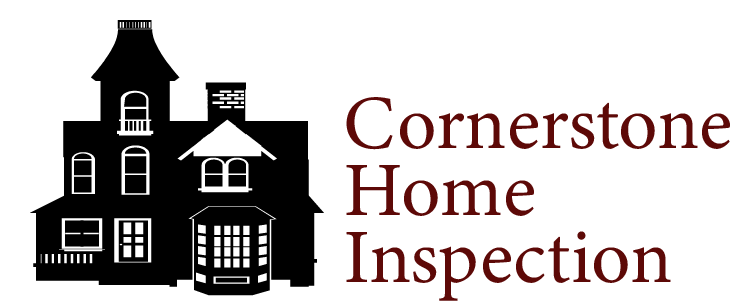
Frequently Asked Questions
Do I need a home inspection if I’m buying a new house?
Newly built houses often have problems that surface during a careful inspection. Even in towns with strict building codes, systems may be installed incorrectly, flashing missing, ductwork improperly sealed. These or other issues could end up being costly down the road.
What does it cost to get a home inspection?
Inspection fees vary depending on the size, type, and age of the home. Please contact us at (508) 252-1038 or email us to discuss the fees for inspecting your property.
How long will the inspection take?
Inspections may take two to three hours or more, depending on the size of the house and the extensiveness of the grounds.
Do I need to be there for the inspection?
It’s a good idea to be present during the inspection. Although you’ll get a comprehensive written report of the findings, it’s best to walk through with the inspector as he points out the positive and negative findings and explains how the systems in the house function.
If I call to schedule an inspection now, how long will it take for the inspector to come out?
Because we take our time with each inspection, we conduct only one or two inspections a day. That means it may take several days to arrange a date and time for the inspection. If you have special time constraints, Cornerstone Home Inspection can usually be there within a day or two.
What does the inspection report include, and how long does it take to get it?
Cornerstone’s inspection reports include a comprehensive, area-by-area breakdown of the condition of the house and grounds, covering up to 265 key points. Detailed descriptions and digital photographs note marginal areas as well as defective items that need immediate attention. The report also includes a summary of items recommended for repair or replacement..
Reports typically take less than a day to prepare and are delivered by email the evening after the inspection is completed.
How do radon tests work? Can high radon levels be fixed?
This test determines a house’s level of radon, a naturally occurring radioactive gas that can seep in through cracks in the foundation and other openings. According to the U.S. Surgeon General, radon is the second-leading cause of lung cancer in the United States, behind only smoking.
The test involves using a continuous monitor to track radon levels every hour over a 48-hour period. Cornerstone will email the results after the 48 hours are up, including highest, lowest, and average readings. A level below 4.0 pCi/liter is considered acceptable.
A qualified radon mitigation contractor can install a mitigation system to reduce radon to acceptable levels. As with other issues found during the inspection, this cost can be negotiated between the buyer and the seller.
Do I need a pest inspection if there are no visible signs of termite damage?
Termites may not leave visible signs of an infestation, which means they can continue to do damage that remains undetected for years. It is estimated that at least 20–25% of New England homes have termites or have had them in the past. Although it’s optional, we recommend having a pest inspection.
Cornerstone offers a full inspection for wood-damaging pests, including termites, carpenter ants, bees, and wasps.
I’m putting my home on the market. Does it make sense to have an inspection first?
Many home sellers have found that having a pre-sale inspection can save them from getting a nasty surprise late in the process that could endanger a planned sale.
Is it really worth the cost of hiring a licensed inspector?
Since inspections themselves aren’t mandatory, some clients wonder whether it would be just as good to have a contractor or knowledgeable friend look over a property. But even the most experienced contractor may miss key issues. Recognizing the importance of proper training, Massachusetts state law requires that inspectors be licensed through the Board of Registration of Home Inspectors. Licensure includes required training, exams, and continuing education to ensure comprehensive and up-to-date knowledge. Using a qualified inspector can mean the difference between getting the information you need before you buy a home and learning too late about major problems.

